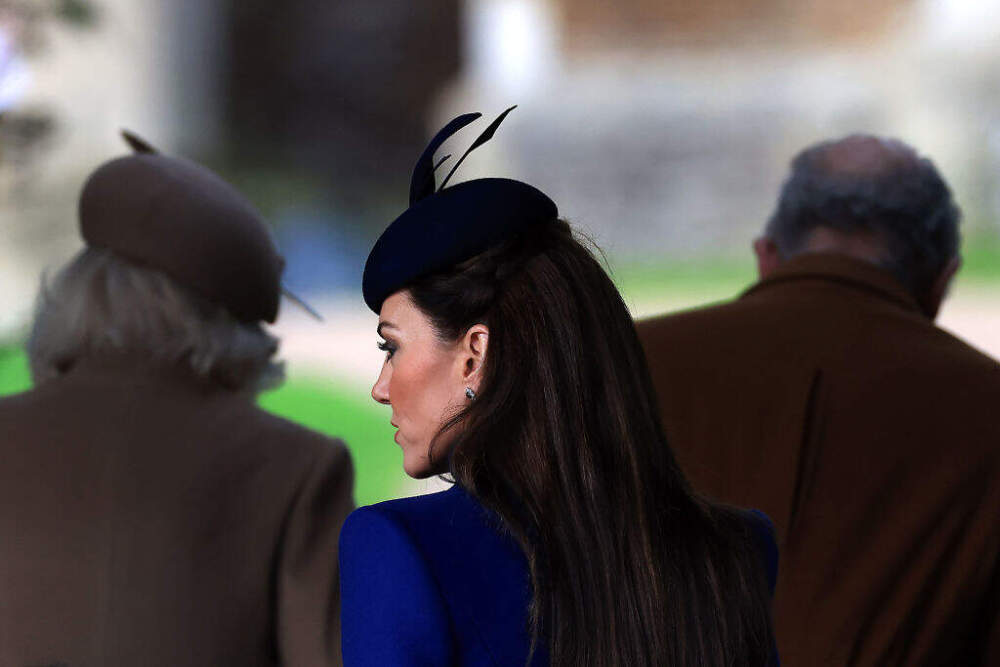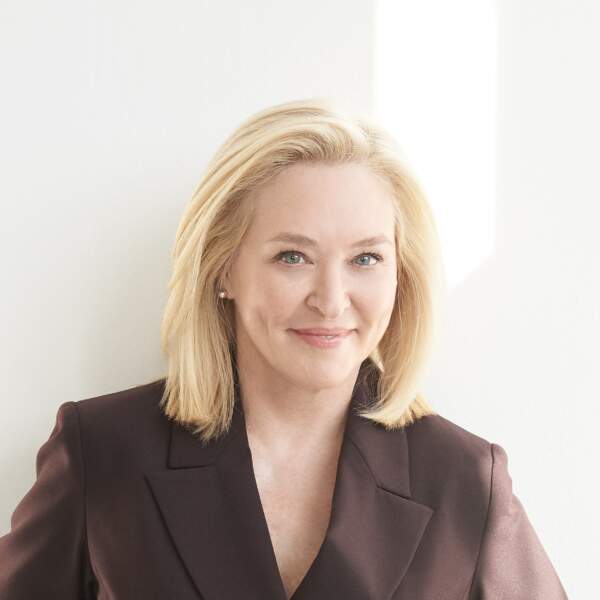Advertisement
Commentary
What the Kate Middleton story says about us

Twenty-seven years ago, I had a mole removed during a routine dermatology appointment. My doctor, like Kate Middleton’s doctor, thought it was non-cancerous. “I don’t think it’s melanoma,” she said. “If there’s anything wrong, we’ll give you a call.”
I didn’t give it much thought until the phone rang a week later.
“Well, this one surprised me,” the dermatologist admitted when she told me it was, in fact, a melanoma. “It’s not the worst that it could be. On a scale of one to five, your pathology is an early four.”
“With five being the best?” I asked.
“No, with five being the worst,” she replied. I felt like I was being placated at a time when I wanted clarity.

My 7-year-old daughter was playing with her Polly Pockets next to me during this conversation. My 2-year-old son was napping upstairs. So I did what many mothers would do in that situation. I reassured my daughter, who had picked up on my distress, went back to typing at my computer as if nothing had happened, and tried to act normal while my mind raced, imagining the worst that could happen and simultaneously making a list of things I needed to do. I didn’t immediately get on the phone and call my friends and relatives. I didn’t send a mass email. Instead, I snuck into another room to call the surgeon, made an appointment for a CT scan and found a babysitter who could stay with the children.
All of this came flooding back to me last week when Princess Catherine shared her own diagnosis. “If the royal family had only told us sooner, we could have understood,” people said in the wake of her announcement.
Told us what? I thought. Cancer doesn’t work like that. It’s impossible to simply package it for public consumption. Time loses its boundaries. Minutes and hours are measured by the time it takes the receptionist to pick up the phone or the oncologist’s office to return your call. Days are a measurement of how soon the radiologist will read the CT scan or the countdown to surgery. You feel like you spend an eternity waiting on hold, but you imagine your life flashing by in an instant as you walk into your closet, thinking about what to wear to your own funeral.
And while time loses its boundaries, you create new boundaries elsewhere in your life to protect your sanity. I wanted to withdraw from small talk with others and to protect my children. I felt no urgency to inform other people, to educate them about skin cancer. And even if I had, what would I have said? I got conflicting information from my health care team. A surgeon gave one opinion, the oncologist another. The pathology was reanalyzed and contradicted both of their recommendations. Initially, they suggested one course of treatment, but eventually I pursued an entirely different path. I couldn’t easily package this information for others to digest. I barely understood it myself.
It’s easy to fault the people handling the royal family’s PR, but my experience has led me to believe that our reactions have more to do with us than with than the royals.
And underneath it all, I still hoped it was all a mistake. But when I entered a clinical trial, I gave up that hope. Waiting with other patients in the oncology ward I began to compare myself with others much sicker than I was. But I also clearly understood I was one of them — a person who on a daily, sometimes, hourly basis, thought about my own mortality. Suddenly I was eager to talk, to process what was happening with anyone who would lend an empathic ear.
But it was hard to find anyone who really wanted to listen. On Easter Sunday, five months into my treatment, we were invited to a large buffet brunch at a neighbor’s house. Everything about that holiday symbolizes growth and rebirth, while I had lost 20 pounds and was afraid I was dying. A friend of the hostess asked how I was doing.
Thinking she really wanted to know, I unloaded: “I got a second opinion this week. I might be able to stop the cancer treatment a year sooner than I’d expected, which is good because I can’t stop losing weight and am afraid the treatment is worse than the cancer.”
She looked past me over her mimosa, trying to make eye contact with someone else, anyone else, anyone who wasn’t the cancer person. It was a look I’d seen many times before. On social media, people demand details, declaring that we have a right to the intimate moments of a public figure’s life. And when no details are provided, the information vacuum sometimes fills with accusations and conspiracies. But in real life, very few people really want to discuss a difficult diagnosis, to hold your hand while you share the details of your treatment, to indulge you while you confess your desperate hopes and darkest fears.
It’s easy to fault the people handling the royal family’s PR, but my experience has led me to believe that our reactions have more to do with us than with than the royals. Focusing on the mistakes made in the handling, timing and dissemination of information prevents us from having to dwell on the real story — the mortality of a young mom, the illness of someone we love, our own inevitable deaths.
Details can be a talisman in the early stages of someone else’s cancer — He has lung cancer but he smoked and I didn’t or Thank God I didn’t get a lot of sunburns as a kid like you did — but details are frightening to ponder much beyond that. It is much easier to talk about a photoshopped picture or an alleged affair and to angrily demand information in a timely fashion than it is to talk about the fears of a mother who may not see her children reach adulthood, or how a routine doctor’s visit can change the course of our existence. Empathizing with someone else’s mortality brings us too close to our own.
One day in the future, Catherine may decide to share more details about her treatment and prognosis with the public. I hope if she does, we can take the time to listen and empathize, not because her story directly affects us, but because attending to stories like hers can help us engage more meaningfully when we — or someone we love — become the main character in one of these stories.
